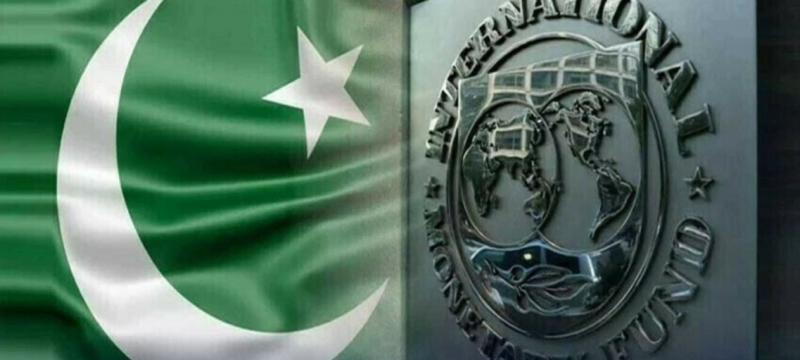ISLAMABAD – In its latest review, the IMF has flagged a glaring $11 bln trade data gap in Pakistan. The discrepancy covers recent years and raises concerns about the quality of trade statistics.
According to authorities, import data for 2023–24 shows a mismatch of $5.1 billion. In 2024–25, this gap widened to $5.7 billion. The IMF warns this gap undermines economic planning.
The Fund said that the statistical office’s system has not been updated since 2017. As a result, foreign import data may be underreported. IMF flags $11bln trade data gap in Pakistan and urges Islamabad to correct it.
In particular, the textile sector shows a $3 billion discrepancy. Metals account for $1 billion. Other sectors also appear to be affected.
IMF officials argue that better data transparency is essential. They called on Pakistan to publish corrected trade data publicly. They also urged modernizing reporting systems.
Government sources said technical talks are underway. The IMF is engaging with both federal and provincial teams in Islamabad. Fiscal reform discussions are expected next week.
Provincial governments face difficulties meeting surplus targets. Flood-related expenses make these goals harder to reach. Some provinces have asked the IMF for flexibility.
The finance ministry is reportedly seeking a partial relaxation on the country’s Rs 3.1 trillion primary surplus target. It says disaster recovery has squeezed fiscal space.
Aside from data problems, IMF officials expressed worry about unfulfilled structural reforms. Pakistan was required to amend laws in ten institutions but missed the deadline. The Fund wants a clear roadmap for completing these changes.
Critics say the $11 bln gap reflects long-standing neglect of data systems. They argue without strong data, policy decisions may be flawed. Supporters counter that the IMF’s pressure might finally drive reform.
In summary, IMF flags $11bln trade data gap in Pakistan as a wake-up call to authorities. The discrepancy in import statistics has serious implications for fiscal policy, economic planning, and public confidence. Urgent steps will be needed to bring data integrity back on track.
Read More :IMF Flags Unapproved Spending by Pakistan Government







